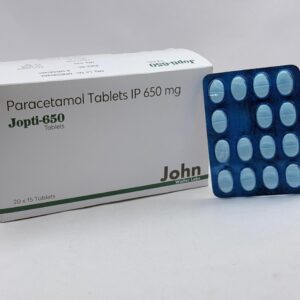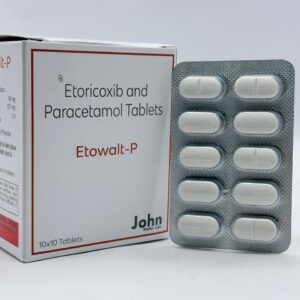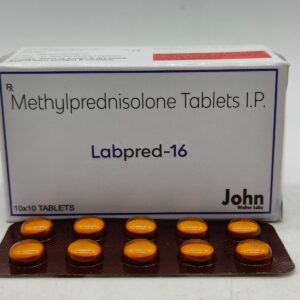In recent years, the world has witnessed a seismic shift in how we view weight management — no longer merely about diet and exercise, but increasingly about cutting-edge pharmacology. And now, with the global obesity epidemic showing no sign of abating, the pharmaceutical industry is treating weight-loss as the next major battleground. Developers are lining up to capture a piece of what analysts project to be a market worth an estimated $150 billion by the early 2030s.
Why the rush?
First, the need is acute. Obesity and related metabolic disorders such as type 2 diabetes represent massive challenges globally — not just for individual health, but for public health finances and productivity. As societies age, and lifestyle shifts accelerate (sedentary routines, processed foods, limited movement), the demand for effective, safe treatments grows.
Second, the success stories have ignited excitement. One firm’s once-weekly injection achieved weight losses exceeding 20 % in mid-stage trials. That kind of result changes the paradigm — from modest 5-10 % weight reductions via lifestyle alone to double-digit drops using pharmacology. That shift has awakened Big Pharma from the sidelines.
Third, the business case is compelling. The headline-making acquisition of biotech firm Metsera by Pfizer for around $10 billion underscores the stakes. Pfizer isn’t just buying a pipeline — it’s buying entry into a future where obesity drugs may rival treatments for major chronic diseases. With this potential upside, drugmakers are pulling out all stops.
Who’s playing and what’s at stake?
A few key players are already well-positioned. For example, Novo Nordisk, long a pioneer in diabetes and obesity therapy, is advancing next-generation compounds and even oral formulations. Eli Lilly is also pressing forward hard — its late-stage trial candidates show weight-loss reaching up to ~24 % in 48 weeks. Then you have the other aspirants: Roche, Amgen, Merck, all jockeying for position.
Beyond the major names, the innovation thrust is also intense. Oral pills (vs. injections) are emerging to broaden the appeal and convenience. Targets are expanding — not just GLP-1 receptor agonists, but amylin, dual-hormone therapies, triple-hormone approaches. With more mechanisms in play, drugmakers believe they can differentiate and sustain profits — and patients may benefit from more tailored options.
What does it mean for patients (and industry)?
For patients, this is potentially transformative. Imagine a future when effective weight-loss isn’t just a Sisyphus-like struggle of diets and gyms, but a regimen combining smart pharmacology, nutrition, lifestyle — a holistic approach. With stronger efficacy, better safety profiles, and perhaps lower burden (e.g., monthly injections or oral pills), the promise is significant.
From an industry standpoint, competition means pressure. Margins will depend on differentiation, patent life, cost-effectiveness, reimbursement frameworks and safety. A crowded field means only the best (or best-priced) will win. For companies such as ours at John Walter Labs working in adjacent fields, it signals that obesity and metabolic treatment is no longer niche — it’s central to the next wave of pharma growth.
What could go wrong?
Even with all the optimism, risks abound. Safety remains prime — many earlier attempts in obesity drugs faltered on liver toxicity or off-target issues. For instance, the story behind discontinued oral GLP-1 candidates is a cautionary tale. Regulatory agencies and payers will scrutinise cost, benefit and long-term outcomes. Will insurers foot the bill for chronic use? Will adherence drop if side-effects emerge? Will off-label use complicate the landscape?
Looking ahead
If the projections hold, we may be entering a decade where weight-loss drugs become as standard as cholesterol or blood-pressure treatments. Drugmakers who innovate — both in mechanism and access (affordability, convenience) — will define the winners. Patients will gain more choices, and perhaps better outcomes. The “slimming revolution” is underway, and it’s not just about lighter waistlines — it’s about reshaping how we treat metabolic health, at scale.
In short: for the pharmaceutical world, obesity isn’t just a disease to manage — it’s the next frontier. And everyone wants a slice of that boom.












